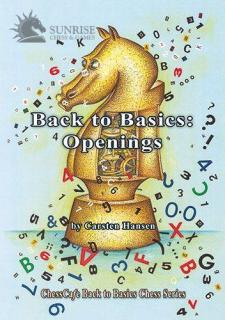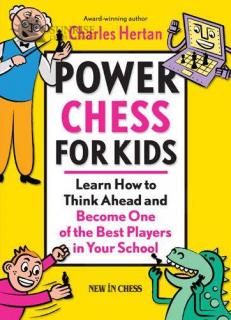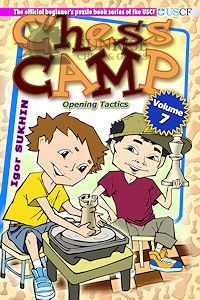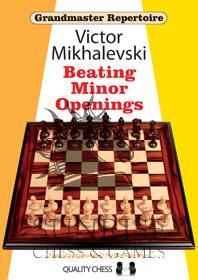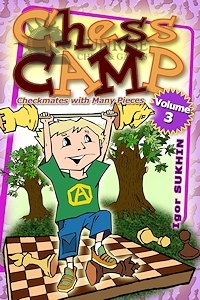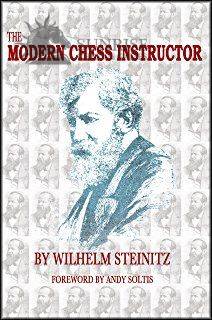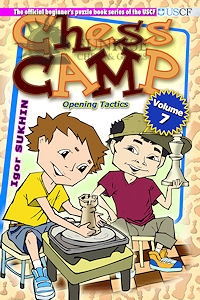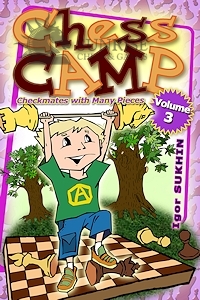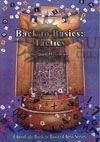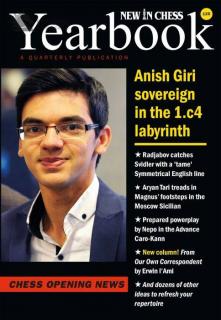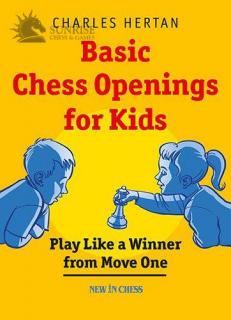
Basic Chess Openings for Kids
Award-winning author Charles Hertan knows what kids really need to know (and want to know) about getting their pawns and pieces ready for action.
Traditional chess opening books concentrate on the variations in different openings. Charles Hertan believes that for beginners and advanced beginners memorizing lines is not only boring but also a waste of time.
Hertans approach is different.
He helps kids to develop a solid understanding of the fundamental opening principles. What are the properties of each chess piece, and how can they be mobilized effectively to work together and get a strong position on the board?
In his trademark humorous and kidfriendly way, Hertan teaches what you should actually be trying to achieve at the start of a game. Kids will love learning how to avoid The Five Most Common Opening Mistakes.
This is a fun, easy-to-use, down-to-earth and accessible chess opening primer.
Charles Hertan is a FIDE Master from Massachusetts who has been teaching kids for more than thirty years. He won the ChessCafe Book of the Year Award and authored the best-selling Power Chess for Kids books.
Sean March, CHESS Magazine (UK):
"I like the way in which Hertan breaks down the section on development to focus on each individual piece (..) The explanatory notes are perfectly accessible to juniors and novices (..) A very accessible book for juniors to take thier first steps into opening theory."
Max Euwe Centre, Amsterdam:
"In his newest book Hertan discusses good opening play. He starts with basic principles such as development and activitiy. Hertan also gives advice on how to play certain openings and tips on errors he sees children make. An entertaining book."
IM Dirk Schuch, Rochade Europa Magazine:
"Very good for trainers or parents with a chess background."
GM Paul Motwani:
"Excellent. Ideal for young players who already have basic knowledge of the rules of the Royal Game, including how the chess pieces and pawns move, and are now looking to improve to the next level and beyond."
John Hartmann, Chess Life Magazine (US):
"Hertan's basic strategy --investigating what each piece 'likes' to unpack good piece play-- is solid and his ideas-based approach of the opening is good for beginners."
Kees de Groot, Reformatorisch Dagblad:
"Hertan's clear explanations are never infantile. That's why this book will also appeal to adults."
Praise for 'Power Chess for Kids' by Charles Hertan:
Edward Scimia, chess.aboutcom:
"The kids I work with got a kick out of it.
Martin Rieger, Rochade Europa Magazine:
When my youngest son saw the book, he immediately got excited. The drawings and the childfriendly lay-out had a magic impact on him.
Dr Alexey W. Root, former US Womens Champion, author of Children and Chess:
The organization of the book is stellar, the layout is cheerful (with cartoon-style characters) and the material is important for chess improvement.
- Sklep: Sklep Szachowy: Szachy, Figury, Zegary, Książki, GRAWEROWANIE LASEROWE! - Polski Producent szachów e
- Kategoria: KSIĄŻKI SZACHOWE/KSIĄŻKI - PO ANGIELSKU
- Dostępność: na stanie
- Zaktualizowany: 28.10.2024
- Cena: 90.00 zł
